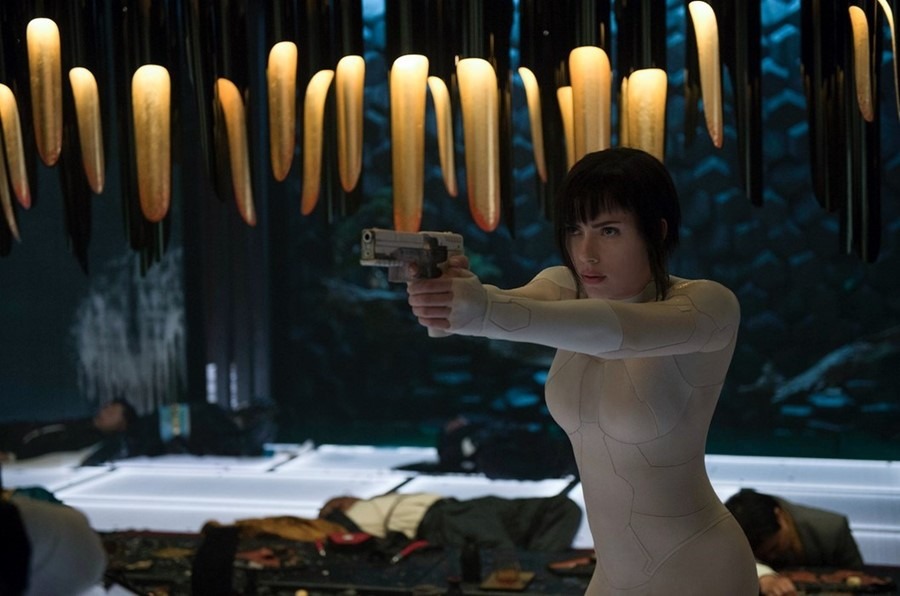Do a film about the Holocaust or ‘play a mental’ and you’re guaranteed an Oscar – so the infamous Kate Winslet scene in Ricky Gervais’s Extras goes. “Schindler’s bloody List, The Pianist”, Winslet says, playing a Jew-concealing nun. “Oscars coming out of their arse.” There is a truth in Gervais’s satirical script – Winslet later won her first Academy Award for playing at illiterate former Nazi in 2008’s The Reader – but omissions of physical disability, ethnicity and LGBT+ roles need acknowledging too. Citing authenticity as well as ‘revenge for 100+ years of straight-washing’, Russell T. Davies – the screenwriter…
Cancel at any time. Are you already a member? Log in here.
Want to read the full story?
Unlock this article – and everything else on The Currency – with an annual membership and receive a free Samsonite Upscape suitcase, retailing at €235, delivered to your door.

